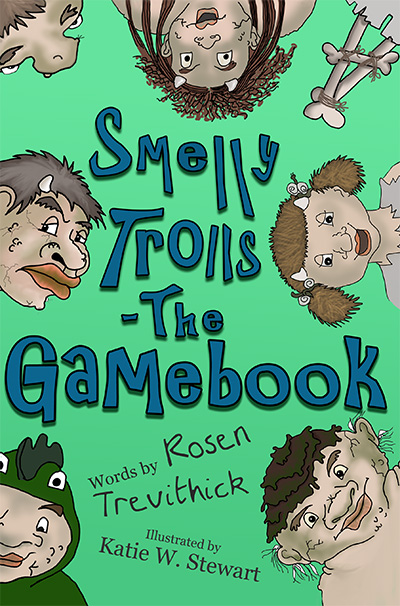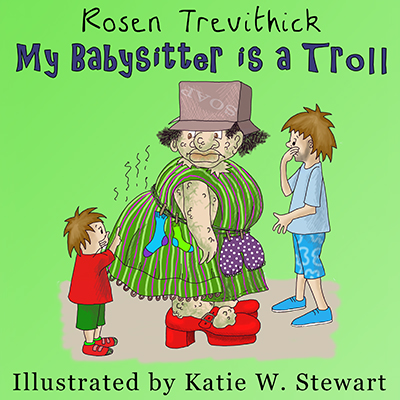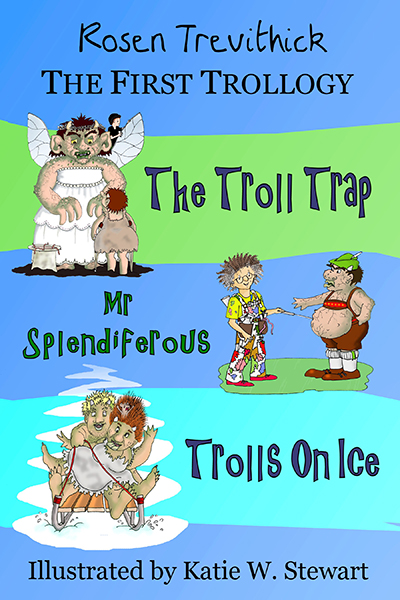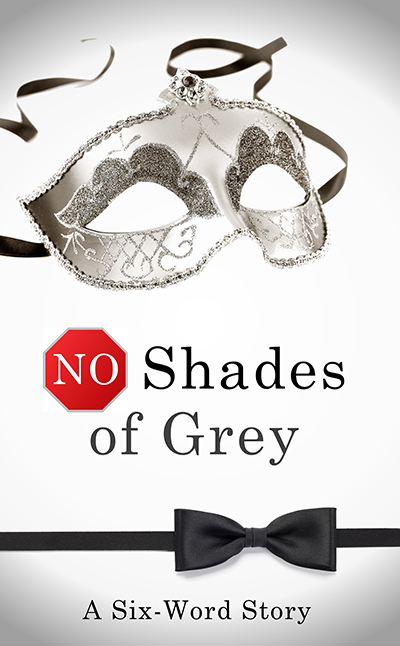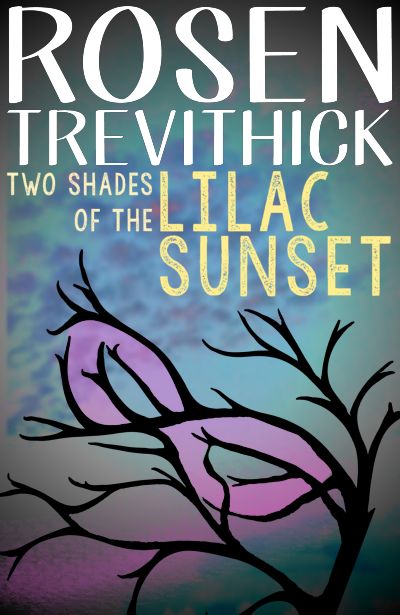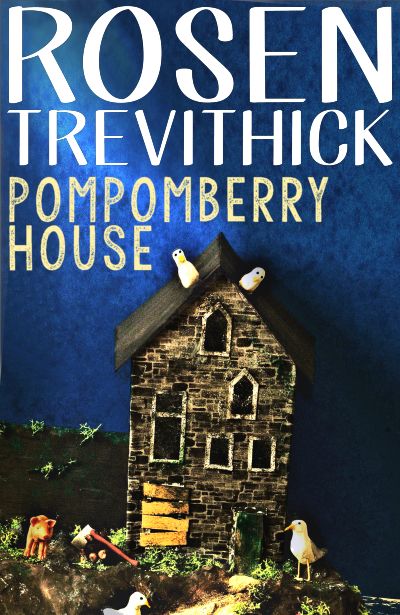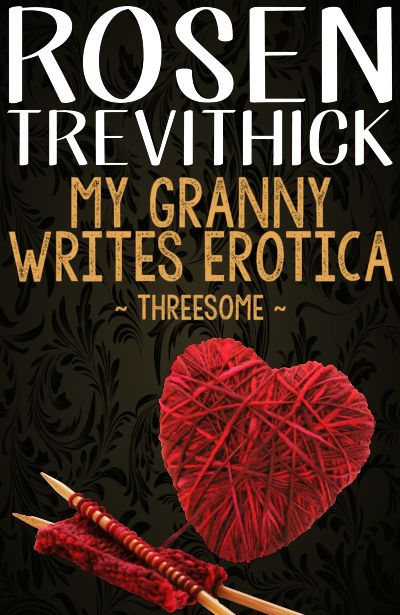How to Handle a Bad Review
You only have to look at The Lord of the Rings, statistically one of the most popular books of all time, to see that any author is at risk of receiving bad reviews.
"This is the single most apallingly overrated nonsense I have ever had my displeasure to read." - M. Bosman "anarcho-dog" (real name, apparently...)
"How boring is this book? Words can't describe it; it is so childish and the characters are totally one-dimensional." - A Customer (a name undeniably overflowing with richness.)
"After reading Lord of the rings I felt as though my brain had been subject to one of the most terrible books I have had the misfortune to pick up." - ScaziIsGod (Is he really?)
Nevertheless, it can be rather soul destroying to be told that the result of your sweat and tears, would give bogroll a bad name.
So, what can you do to protect yourself against being hurt by bad reviews?
Recognise that you won't become a successful writer unless you can stomach criticism
How much do you want to write a bestseller? How much do you want to be able to make a living from writing? How much do you want to walk past your local bookstore and see your work in the window? Because one thing's for sure, if you're scared of bad reviews, you're doomed to fail.
Accept that bad reviews happen
Focus on increasing positive feedback, not decreasing negative. If a bad review gets you down, try and draw in more readers who might enjoy your book, such as those who like similar titles.
Whatever you do, do not try and censor your reviews. Sure, if one seems fraudulent, contact the host website, but beyond that, attempt to be at peace with your bad reviews, instead of fighting them. The tips below should help.
Does reading your bad reviews gain you anything?
Think about your last negative review. Did you gain anything from reading it? Was it constructive?
Whilst some readers will expand on their thoughts, helping you understand your strengths and weaknesses, others will happily plunge your rating towards the abyss yet leave no explanation beyond, "i didnt like it".
In fact, negative reviewers seem to be the worst at leaving well written text, even though logically, they should have the most to say.
If you rarely gain from reading negative reviews, consider not reading them. That is of course, easier said than done, but read on for tips on thickening the skin.
Recognise that there are other measures of success
Whilst having fifty five star reviews could be described as ideal, reviews are not the only measure of success. Think about the feedback you've had from people you know, your sales or download figures, your rankings and most importantly, your own satisfaction with your work.
Recognise that negative reviews can help sales
A number of writers have noticed that sales have improved following their first negative review. In the case of indie books, readers may be suspicious of titles with too many positive reviews, because they could be perceived as unrealistic (even though many books are entirely deserving of their rave reviews.)
If you get a constructive three star review, such as "I wished it was longer" or "Not my favourite work by this author" that may actually help you, particularly if it becomes your most helpful critical review.
Recognise that it's impossible to please everybody
Even books aimed to appeal to the masses, will bore, irritate or offend some people. It is simply not possible to write a book that is universally loved. The closer you get to writing a bestseller, the more you will alienate those people who defiantly insist that they have "independent" tastes - you know they types I mean...
I repeatedly get conflicting feedback from people who are certain that their personal views are the voice of literary expertise. "It's too slow moving!" versus "It feels rushed!".
Besides of which, when you started out, were you writing for the masses, or a specific target audience? The chances are that your book will be read and reviewed by people who don't even like your genre, particularly if you use free promotions and price-drop techniques.
Ask yourself this - did you really think that a vampire-obsessed teen, was going to enjoy your character-driven comedy about mid-life dating?
Consider how much authority the reviewer actually has
Whilst Amazon gives every review the same weighting when it calculates your average, reviewers are not born equal. People are equal, but their qualifications to review your book, are most certainly not. Although it might feel as though FartMan69's one star review is the end of the world, if he hasn't used a single capital letter and signed off with a profanity, is he really qualified to comment?
Some of my short stories have received bad reviews because people didn't read the first line of the synopsis, ("A short story"), and have then been outraged to find that the story they downloaded (often for free) was, indeed, short.
Should I really be taking such criticism to heart? Yes, it was the mortifying sight of a lone star , but does it really matter?
Re-read your best reviews
It's easy to let a negative review overpower all of your positive emotions surrounding your writing. However, you can help combat that be re-reading a positive review or focussing on some other positive feedback. You must have felt positive about your work at some point, or you wouldn't have written it.
Find your favourite mainstream book, and read its bad reviews
Although Emily Bronte might be turning in her grave, realising that bad reviews happen to everybody, even your heroes, will help put your negative feedback into perspective.
Aw! Stieg Larsson was shit too! is one of my favourite pastimes.
Recognise that anonymous people are the harshest critics
It can be easy to think that strangers on the internet are the true critics of your work, and that the opinions of people you know are the ones that are inaccurate. However, if you browse a few online forums, it will not take you long to notice that strangers posting under anonymous pseudonyms will bully, insult and attack at will, in quantities that people just don't use in real life.
Of course, I'm not saying that every online reviewer is a troll - indeed, many are very constructive and pleasant - but it's worth bearing in mind that the internet brings out a class of sarcasm that just doesn't reflect real life.
Do not insult reviewers
No matter how much a reviewer has hurt you, it's simply not constructive to post, "Well, your mom's illiterate."
If there is a particular part of a review which is inaccurate, you can challenge that, but only in the context of a polite response, which bring me on to...
Thank your reviewers
It is generally a good idea to thank reviewers, particularly if they have taken the trouble to expand on their thoughts. You need to both encourage honest, constructive discussion about your work, and show people that you can learn from the helpful and rise above the unhelpful.
I tend to thank reviewers in a comment beneath the review but those don't always get read. If you recognise a reviewer from elsewhere, e.g. Goodreads or KUF then it's a good idea to thank him or her in a relevant thread or even a private message.
I thank most reviewers because I'm grateful whenever a reader gives one of my books a chance, even though it's disappointing on the occasions when people haven't enjoyed my work.
On a number of occasions, thanking the writers of negative reviews, has encouraged them to try my other titles, or reconstruct a review, to make it more informative. This has, of course, always been greatly appreciated.
It's important to communicate with your readers, unless you're JK Rowling, in which case you can probably afford not to. I'll assume, for sake of argument, that she's not reading my blog.
In summary...
Is it better to have no fans, or one hundred fans? And if you have one hundred fans, your book has found its audience, regardless of what anybody else thinks.
Recognise that negative feedback has its place, and then move on.
Perhaps the person who slated "101 Dwarves" has a problem with dwarves and not with you.
+

